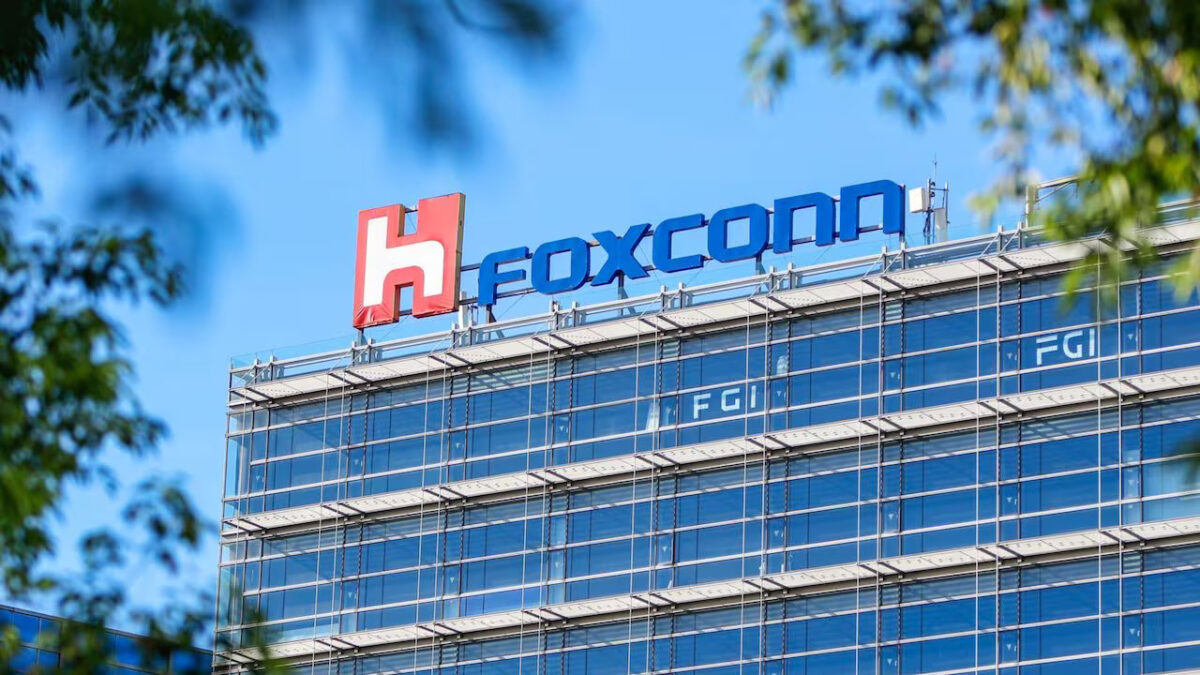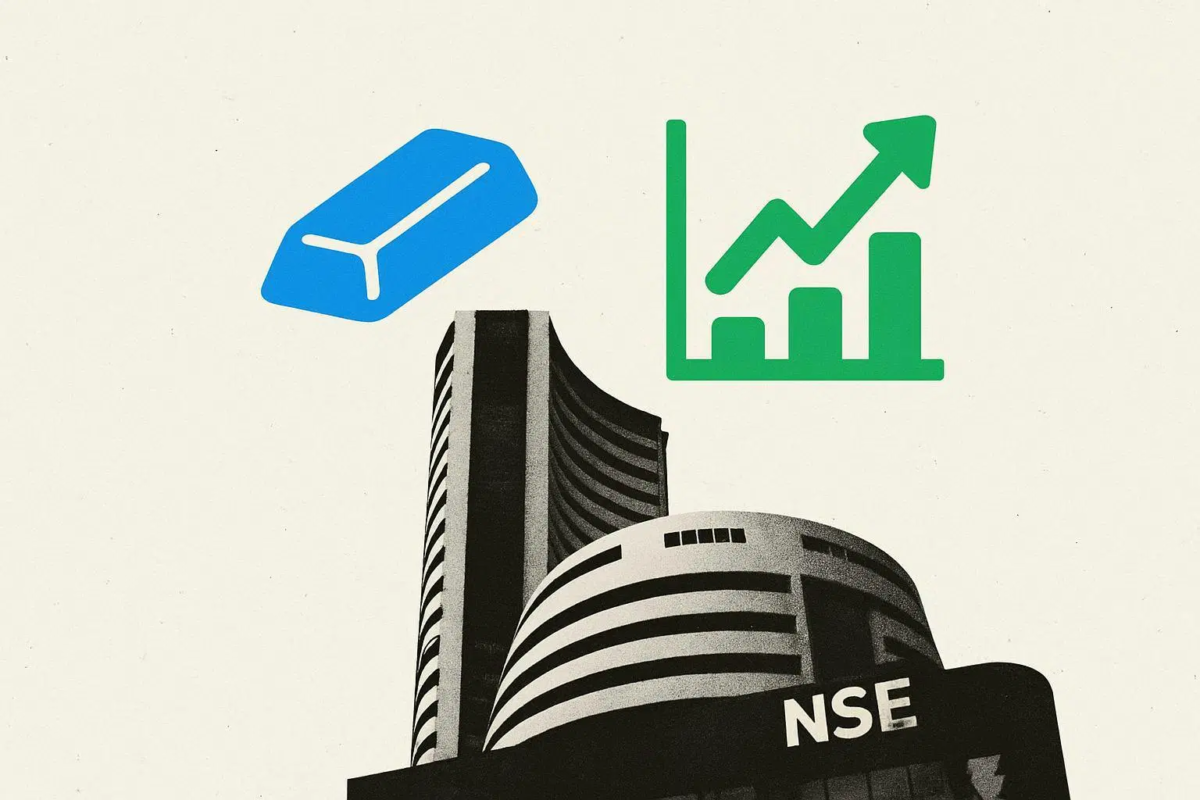In a move that could dent Apple’s aggressive manufacturing plans in India, Foxconn Technology Group — the Chinese company assembling iPhones — has recalled hundreds of its Chinese engineers and technicians from its Indian factories.
According to a Bloomberg report citing unnamed sources, more than 300 Chinese employees have already returned home, leaving mostly Taiwanese support staff on the ground. The recall, which began around two months ago, has not been officially explained by Foxconn, but it comes amid Beijing’s efforts to restrict technology transfers and equipment exports to India and Southeast Asia. Analysts see this as part of China’s broader strategy to discourage manufacturing migration to rival economies.
Impact on iPhone Production in India
The departure of trained Chinese workers is expected to slow the training of Indian staff and hamper the transfer of know-how critical for scaling up production lines. As a result, costs could rise, and efficiency could dip.
One Bloomberg source noted that while the move is unlikely to compromise product quality, it will probably reduce assembly-line efficiency, especially as Apple prepares to ramp up production of the next-generation iPhone 17.
Apple declined to comment on the situation, and Foxconn did not respond to queries. Indian government officials were reportedly informed of the move but have not observed any major impact on production yet.
A Critical Time for Apple in India
Foxconn has gradually expanded its footprint in India over the past four years, making the country a significant iPhone hub. India now accounts for about 20% of global iPhone output, a milestone that reflects Apple’s strategy to diversify away from China amid rising geopolitical tensions and supply-chain risks.
Apple CEO Tim Cook has frequently praised the skill of China’s assembly workforce, highlighting that expertise — rather than cost alone — has been crucial to Apple’s manufacturing dominance there. The recall underscores the challenges India faces in closing this skill gap.
What’s Next?
The timing of Foxconn’s withdrawal is delicate. Apple is not only preparing the iPhone 17 ramp-up but is also working on plans for a new factory in India as part of its long-term diversification strategy.
With Washington and Beijing locked in an extended trade rivalry, countries like India and Vietnam are keen to attract high-value manufacturing. However, the reliance on Chinese expertise and components shows that shifting supply chains is easier said than done.
The coming months will be crucial in determining whether Apple can sustain its India expansion plans without the steady presence of Chinese engineers.
Top-notch SEBI registered research analyst
Best SEBI registered Intraday tips provider
Telegram | Facebook | Instagram
Call: +91 9624421555 / +91 9624461555



